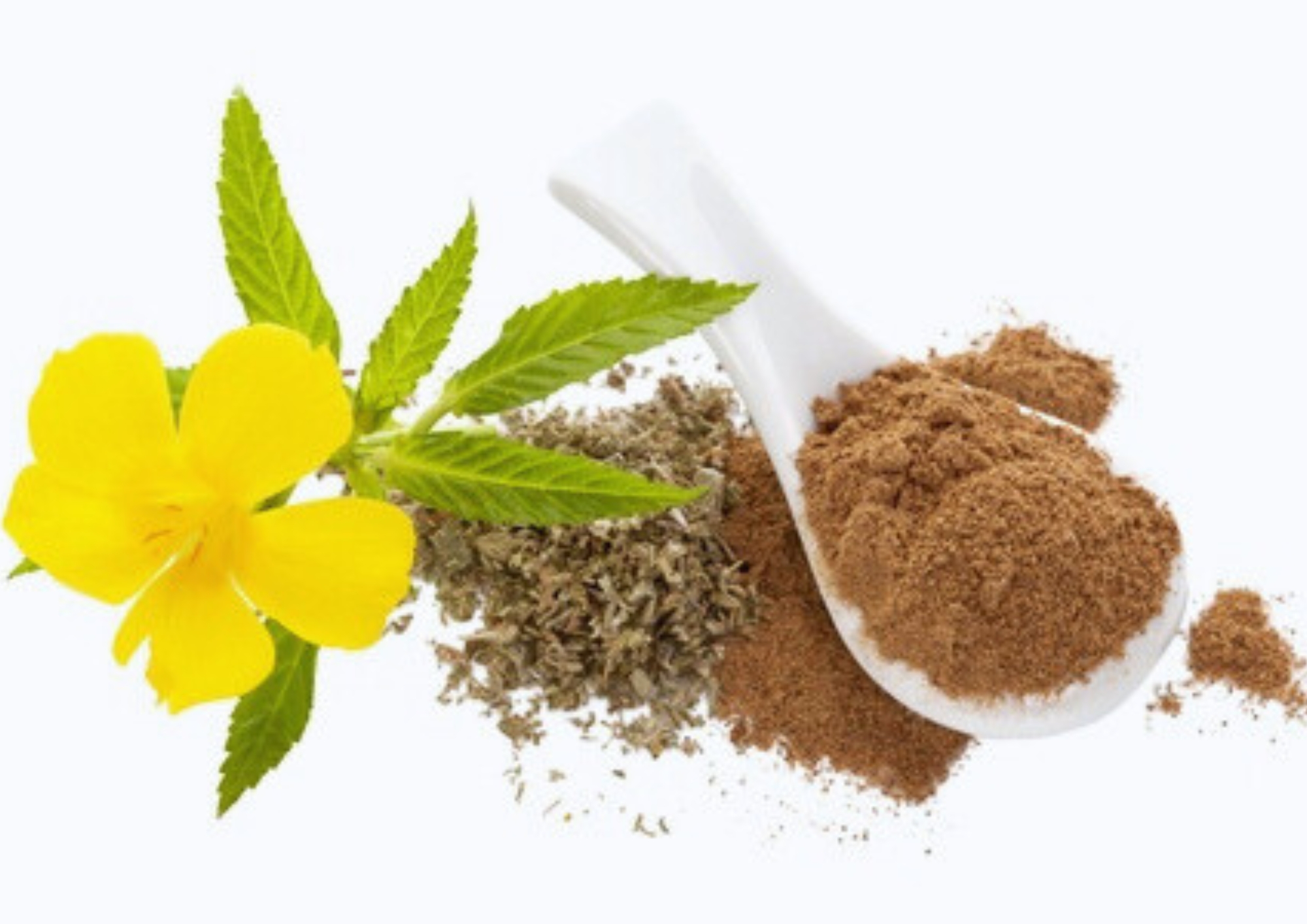Mucuna Pruriens: Velvet Bean for Brain and Dopamine Health
Mucuna pruriens, commonly known as the velvet bean, is a tropical legume prized for its therapeutic properties. Native to Africa and Asia, this plant has been a staple of Ayurvedic medicine for centuries. It is particularly valued for its high content of
L-dopa, a precursor to dopamine, a vital neurotransmitter. These qualities make Mucuna pruriens a promising natural aid for conditions like Parkinson’s disease, cognitive enhancement, and mood improvement.
Key Benefits of Mucuna Pruriens
1. Dopamine Boost
One of the standout benefits of Mucuna pruriens is its ability to increase dopamine levels naturally. Dopamine plays a critical role in regulating mood, motor functions, and cognition. The L-dopa in velvet bean serves as a direct precursor to dopamine, making it particularly beneficial for individuals with low dopamine levels, such as those with Parkinson’s disease. By supplementing with Mucuna pruriens, users may experience improved motor function, enhanced mood, and better overall well-being.
2. Improved Motor Symptoms for Parkinson’s Disease
Clinical research highlights the effectiveness of Mucuna pruriens in alleviating motor symptoms associated with Parkinson’s disease. A study published in the
Movement Disorders Journal revealed that velvet bean provides effects comparable to synthetic L-dopa, including reduced tremors, muscle rigidity, and slow movement (bradykinesia). What sets it apart is its potential to cause fewer side effects, offering a more natural alternative for managing symptoms and improving quality of life.
3. Neuroprotective Effects
Rich in antioxidants, Mucuna pruriens helps combat oxidative stress, a significant factor in the progression of neurodegenerative diseases like Parkinson’s. These antioxidants neutralize free radicals, protecting neurons from damage. This neuroprotective property not only supports individuals with Parkinson’s but also promotes long-term brain health and cognitive function.
4. Mood and Cognitive Support
It enhances dopamine levels, which are closely linked to mood and cognitive clarity. By improving dopamine production, the velvet bean can help alleviate non-motor symptoms of Parkinson’s disease, such as depression and memory difficulties. Additionally, it promotes mental sharpness and emotional balance, making it beneficial for a wider range of cognitive and mood-related concerns.
5. Reduced Side Effects Compared to Synthetic Alternatives
Synthetic L-dopa, though effective, often comes with side effects such as nausea, dyskinesia (involuntary movements), and motor fluctuations. Mucuna pruriens has shown potential for delivering L-dopa in a smoother, more balanced way, which may reduce these side effects and offer a gentler treatment option.
Precautions When Using Mucuna Pruriens
While Mucuna pruriens offers significant benefits, it is essential to use it responsibly:
- Consult a healthcare provider: Especially if you are already on Parkinson’s medications, to avoid interactions.
- Start with a low dose: Some individuals may experience side effects like gastrointestinal discomfort or headaches. Gradual dosing helps mitigate such issues.
- Complementary use: Mucuna pruriens should not replace conventional Parkinson’s treatments but can be used as part of a comprehensive management plan under medical supervision.
Where Does Mucuna Pruriens Grow?
Mucuna pruriens thrives in tropical and subtropical climates, particularly in parts of Southern Asia and Africa. Its adaptability to diverse environments has made it a valuable crop for both environmental sustainability and medicinal applications.
Conclusion
the velvet bean, stands out as a natural and powerful ally for brain health, mood enhancement, and dopamine support. Its benefits, from alleviating Parkinson’s symptoms to protecting neurons and improving mood, make it a promising addition to modern herbal medicine. However, proper guidance from healthcare providers is essential to ensure safe and effective use.
References
- National Library of Medicine - Dopaminergic Effects of Mucuna Pruriens
- Journal of Movement Disorders - Comparing Mucuna Pruriens with Synthetic Levodopa
- Ashwagandha Natural Support for Brain Health
- Boost Brain Health & Mental Performance with BRAINOMAX











